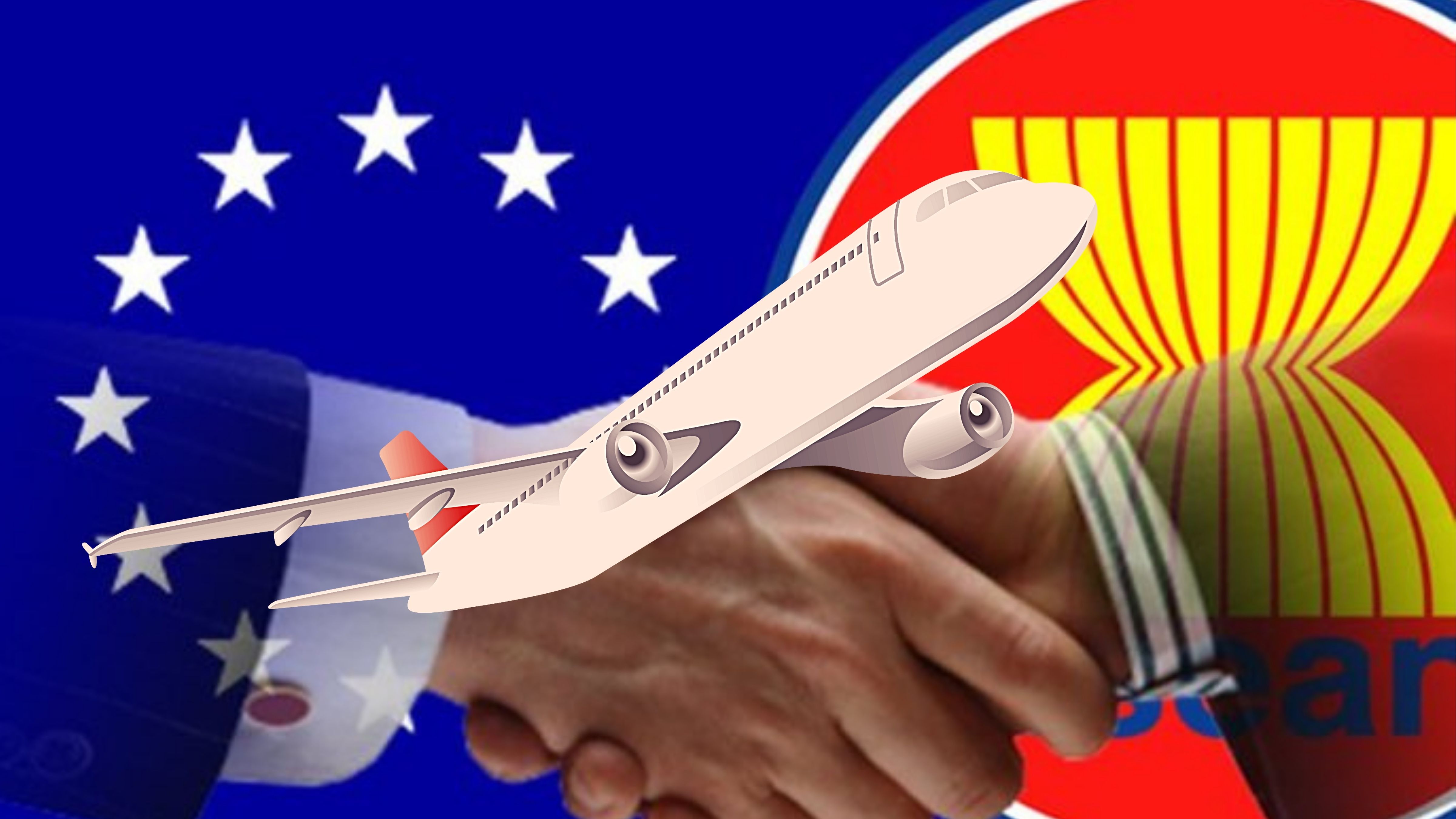Saudi Arabia is preparing for takeoff. The kingdom announced plans to unveil over $100 billion in aviation investment opportunities next month at the Future Aviation Forum (FAF24). This ambitious initiative aims to significantly expand and modernize the nation's aviation sector, positioning it as a key regional and global player.
The centerpiece of the investment plan involves a staggering $40 billion earmarked for new aircraft orders. This substantial injection of capital will allow Saudi Arabia's airlines to upgrade their fleets with the latest technology and fuel-efficient models. This not only enhances passenger comfort and safety but also reduces operating costs and environmental impact.
Beyond aircraft acquisition, the investment plan encompasses a further $60 billion in diverse aviation-related opportunities. This includes the development of specialized logistics zones within the major airports of Riyadh, Jeddah, and Dammam. These zones will streamline cargo handling and expedite the movement of goods, fostering Saudi Arabia's position as a vital logistics hub.
The remaining $50 billion is dedicated to broader airport infrastructure improvements. This aligns with the Saudi Aviation Strategy (SAS), a comprehensive roadmap for transforming the kingdom's aviation landscape. Specific details regarding these airport investments haven't been released yet, but they are likely to encompass upgrades to terminals, runways, and air traffic control systems. Modernizing infrastructure will significantly increase passenger capacity, improve efficiency, and enhance the overall travel experience.
This multifaceted investment plan reflects Saudi Arabia's ambitious vision for its aviation sector. The kingdom aspires to become a major aviation hub, connecting passengers and cargo across the globe. By attracting international airlines, establishing state-of-the-art infrastructure, and acquiring modern aircraft, Saudi Arabia aims to capture a significant share of the growing aviation market.
The economic benefits of this initiative are expected to be substantial. The influx of investment will create new jobs across various aviation-related fields, from engineering and maintenance to logistics and hospitality. Additionally, a more robust aviation sector will contribute to the growth of other industries, such as tourism and trade.
The upcoming FAF24 serves as a platform to showcase these investment opportunities to potential investors. The forum will bring together industry leaders, aviation experts, and government officials to discuss the future of the aviation sector and explore potential partnerships. Saudi Arabia's commitment to modernization and its strategic geographical location make it an attractive proposition for investors seeking to capitalize on the burgeoning aviation market.
With this significant investment, Saudi Arabia is poised to take flight, transforming its aviation sector into a powerful engine for economic growth and regional connectivity.

